Venture capital funding picked up in 2024, and investors have reason to believe it will continue to do so in the coming year.
Interest rates are decreasing, with the Federal Reserve issuing its latest cut in November. Online spending hit a record $10.8 billion on Black Friday, and shoppers were still spending healthy amounts well into the holiday season. In turn, the ingredients are there for fundraising to pick up the pace. That said, VCs are still picky about the types of product categories and healthy business standing of the startups they’re looking to back.
A number of venture capitalists spoke to Modern Retail about the macroeconomic environment and what they’re seeking from consumer brands vying for their venture dollars. Throughout 2024, VCs made more headway in finding the right companies to invest in.
By the fourth quarter of 2024, the amount of VC cash poured into consumer startups was up 25% from 2023, when the sector’s activity was at a nine-year low, according to Silicon Valley Bank data. The overall total of deals remains much lower than the 2021 boom, with many of the 2024 investments being late stage rounds.
For the most part, VCs who spoke to Modern Retail said they remain cautiously optimistic about 2025. They expect a slight uptick in both M&A and the number of venture capital investments. However, they don’t expect deal levels to come roaring back to 2021 levels.
A sobering new VC model
Venture capitalists who specialize in consumer packaged goods say the idea of investing in new, concept-driven startups that have yet to prove product-market fit has probably come to an end.
Jennifer Stojkovic, general partner at Joyful VC, has invested in a number of early-stage food tech companies, such as lab-grown pet food Meatly and sustainable dairy startup Cultivated Biosciences. Sojkovic said that overall, the number of annual deals for many firms has decreased compared to pre-2023. The number of investment deals Joyful made decreased by roughly 25% between 2023 and 2024.
“I don’t think VC will ever bounce back to what it was previously,” Stojkovic said. For VCs like herself, any startup still making under $10 million in annual revenue is considered extremely high risk.
“I think that the fundamentals for the VC model aren’t really there for a lot of categories,” she said. “A lot of companies are now operating on fundraising on a rolling basis.” Stojkovic said she has seen an increase in the number of distressed companies looking to raise emergency funding. “Those deals are not quite a fit for us,” she said.
That being said, Stojkovic has observed an influx in roll up companies and private equity firms that are absorbing those types of deals. “We have started to move some investment into some of those PEs and roll-ups,” she said.
Similarly, Manica Blain, an angel investor and founder of Top Knot Ventures, said that if founders need money to start a business, they shouldn’t start it at all. Instead, they need to be able to launch something and prove its viability before seeking funding.
“I love founders, but investors invest not for charity but for returns and it’s just too risky at this juncture,” Blain said. Instead, she suggests those founders self-fund or find angel investors who are willing to potentially lose out on returns.
For CPG brands looking to fundraise, Stojkovic said that some firms make more sense than others for a consumer startup, depending on what type of returns they are hoping for. Private equity firms, she said, can settle for two to three times the return on investment, compared to the 10X-plus VC model many VC firms are built on.
The fundraising environment has also been hampered by the poor performance of many venture-backed consumer startups on the public markets in recent years. Between 2019 and 2022, a number of startups that exited through IPOs or SPACs either received delisting warnings or were taken private after performing poorly as publicly traded companies.
In January 2022, for example, Casper’s stock was delisted from the New York Stock Exchange after it was acquired by Durational Capital Management. Grove Collaborative, which went public via a SPAC in 2022, is one such company that received a delisting warning due to its low stock price and has since overhauled its omnichannel model to drive profitability.
Steering clear of risky categories
Still, there are specific categories investors like Blain and Stojkovic say they’re avoiding this year. “I’m steering away from food, it’s too hard and you have to get too big and that takes a lot of capital,” Blain said. “The juice is not worth the squeeze.”
Stojkovic also said food is not the hot category that it was a few short years ago. “Food tech and CPG are not exactly the kind of thing that new founders are getting into,” she said. “Now everyone is doing AI startups.”
Rachel Hirsch, the founder and managing partner of Wellness Growth Ventures, said her firm is increasingly placing more emphasis on a company’s product-market fit and the experience of the leadership team. In the past few years, Hirsch said, “many VCs got burned by founders — and not to say they’re to blame — who overspent or couldn’t pull levers to sustain their business through hard periods.”
Wellness Growth Ventures largely invests in better-for-you food and beverage startups, like snack brands BelliWelli and Partake. Hirsch said when considering backing better-for-you products, she’s taking into account the ongoing move toward cleaner ingredients and higher nutrient value foods. “Even with the rise of GLP-1s, people still need nutrients to sustain themselves,” Hirsch explained. “But I think it’s fair to be cautious about it because the landscape of food M&A has changed so much,” she said.
Fundraising in consumer brands, she went on, has evolved to be milestone-driven. For instance, she’s currently considering investing in a company that’s trying to further expand into a major retailer that the brand is already working with. Moreover, this brand is also close to being profitable. “Those types of deals are happening, it’s just that those milestones don’t come so easily anymore,” Blain said.
Hirsch concurred that a few desirable companies are still getting deals done, with some even getting oversubscribed. “Attractive deals are definitively getting done, but the bar for those deals has shifted,” she said.
Hope the markets will pick up
The market’s response since Election Day gives investors like Hirsch “perverse optimism for 2026.” Immediately following the election, Wall Street enthusiastically embraced President-elect Trump’s promised rollbacks in taxes and regulations. The election results sent the S&P 500 index up 4.7% in the following week, and it remains higher than before Election Day.
“I’m not the most optimistic on ‘25, I think things will likely get marginally better,” Hirsch said. However, she said, 2026 could begin to see the public markets propelling liquidity to some degree.
Hirsch pointed to additional expectations founders and investors must consider. For example, the IPO threshold for consumer brands is now much higher. There’s also a general softness in M&A that has lingered for the past year.
Other funds are a little more hopeful of the evolving environmental factors. “The quality of early-stage businesses that we’re seeing [is] a little bit higher,” Daniel Faierman, partner at Habitat Partners, said. “Combined with the new valuation environment, it feels a little more investor friendly.”
With the assumption that the regulatory environment “will be more democratized for M&A” and interest rates decreasing, Faierman said these factors could help move capital to consumer brands. “But it’s also murky and there are obviously looming policies that could re-exacerbate inflation,” he said, referring to tariffs.
Habitat Partners, which is the VC arm of Red Antler, has backed food brands like Popup Bagels and protein bar Mezcla over the past year. Habitat Partners was launched in 2022, and has started to make more investments over the past year especially. Habitat Partners also invests in B-to-B and e-commerce solution providers, in addition to consumer brands.
Still, Faierman said, there are “inherently high gross margin” categories his firm has gravitated towards in this conflicting economic environment. “For example, we haven’t done a single beverage deal this year,” he said. Instead, Habitat is interested in buzzy CPG categories with healthy margins, such as kids’ nutrition and shelf-stable condiments, oils and sauces. In November, Habitat backed Ayoh Foods, the flavored mayo brand co-founded by food influencer Molly Baz.
Stojkovic said that even as investors try to focus on categories with higher gross margins, they are coming to terms with the VC model not being a perfect fit for consumer goods. “If you’re a founder or an investor in the space, you have to sober up to what the exits look like in this category,” she said.
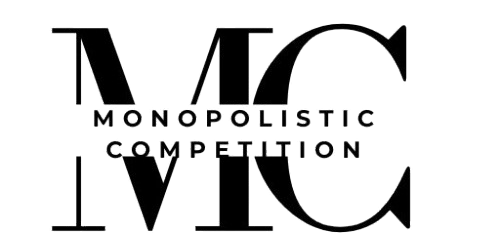

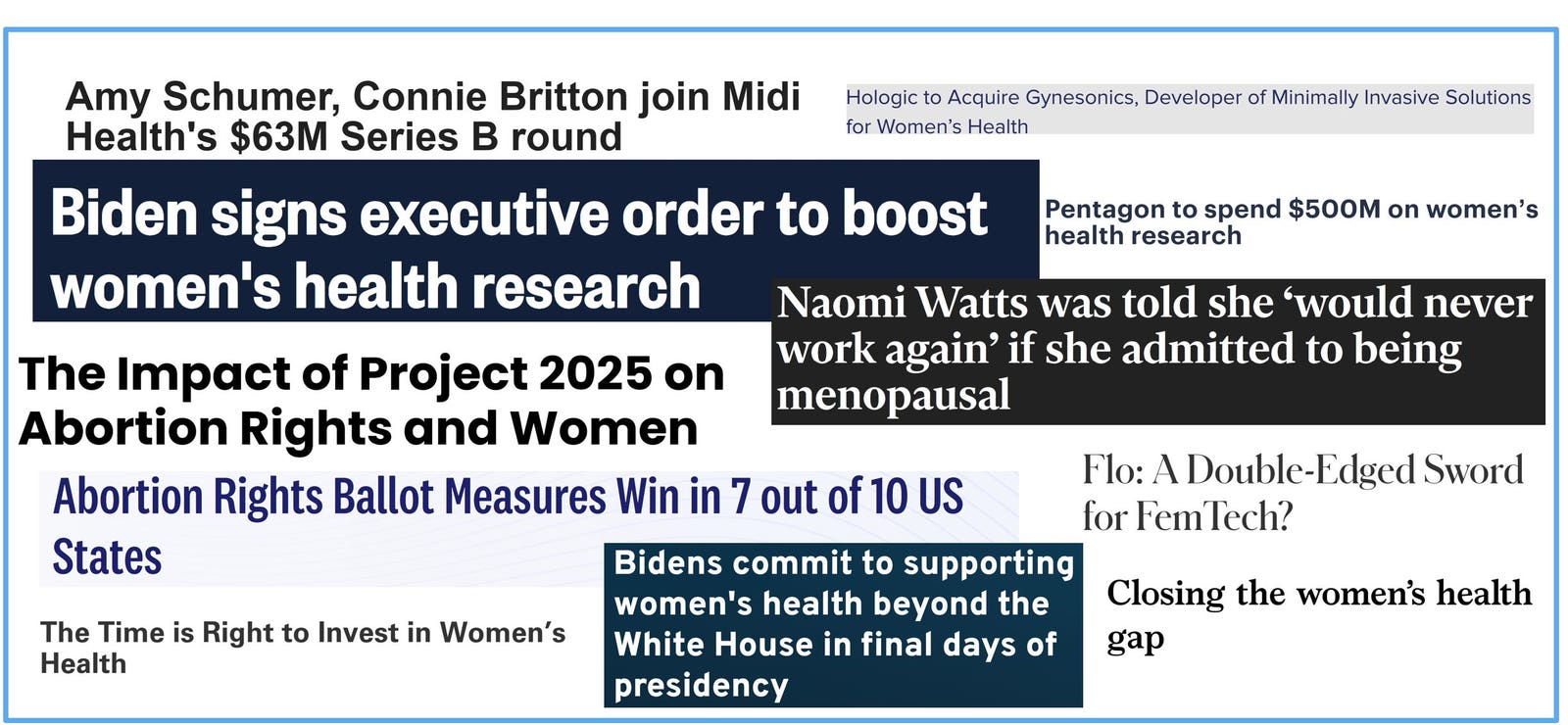


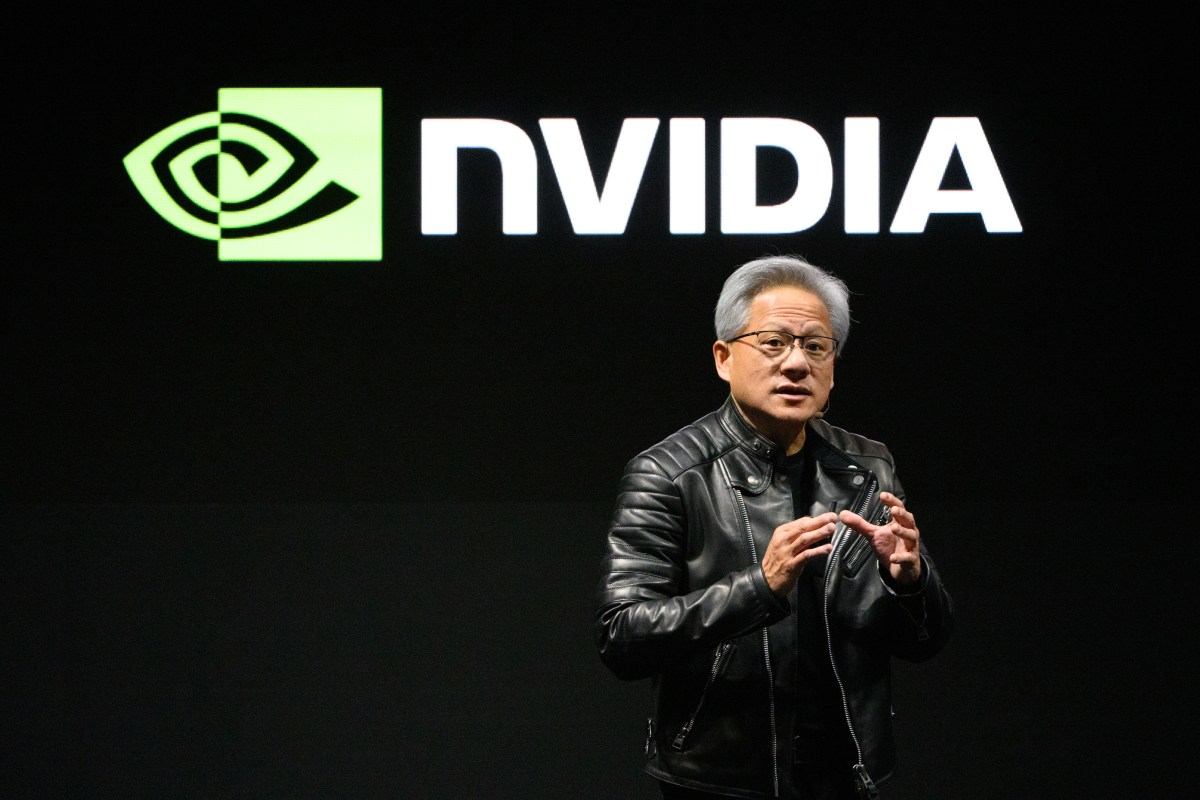
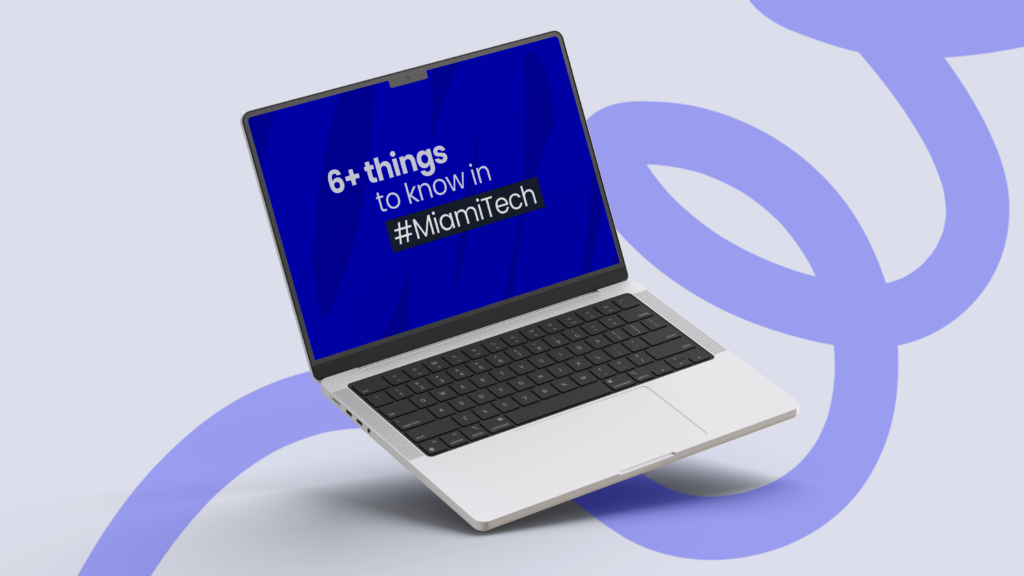

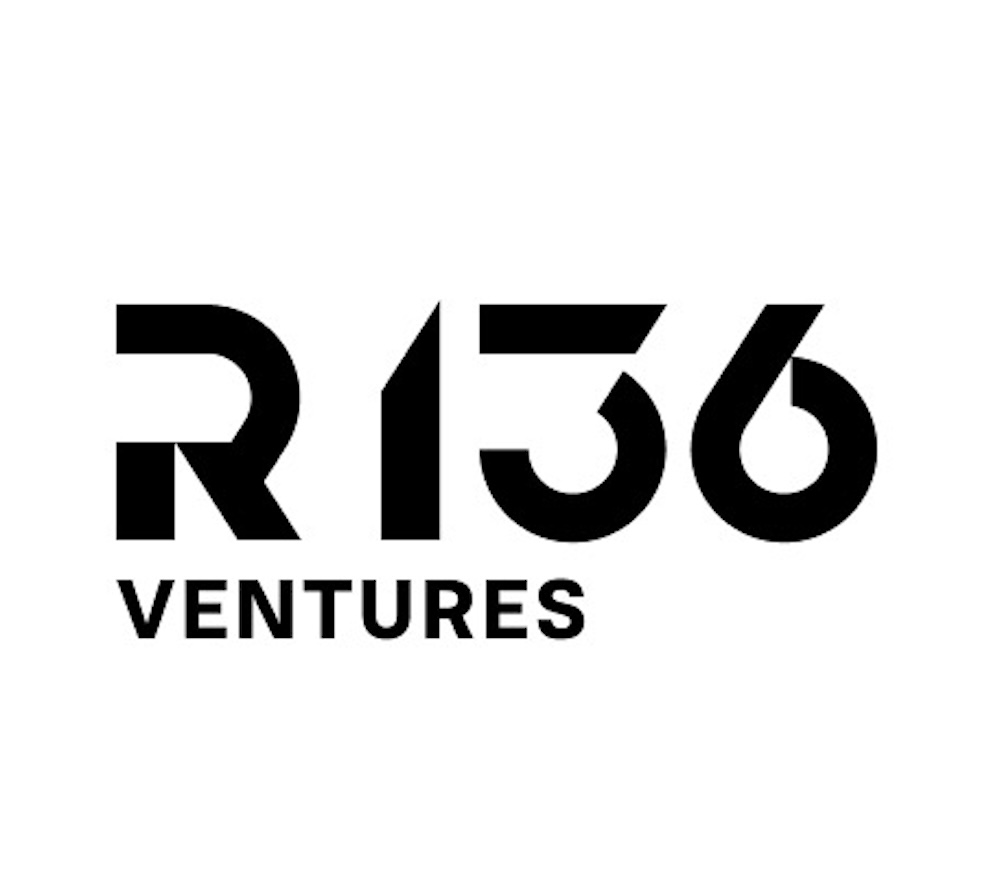



Leave a Reply